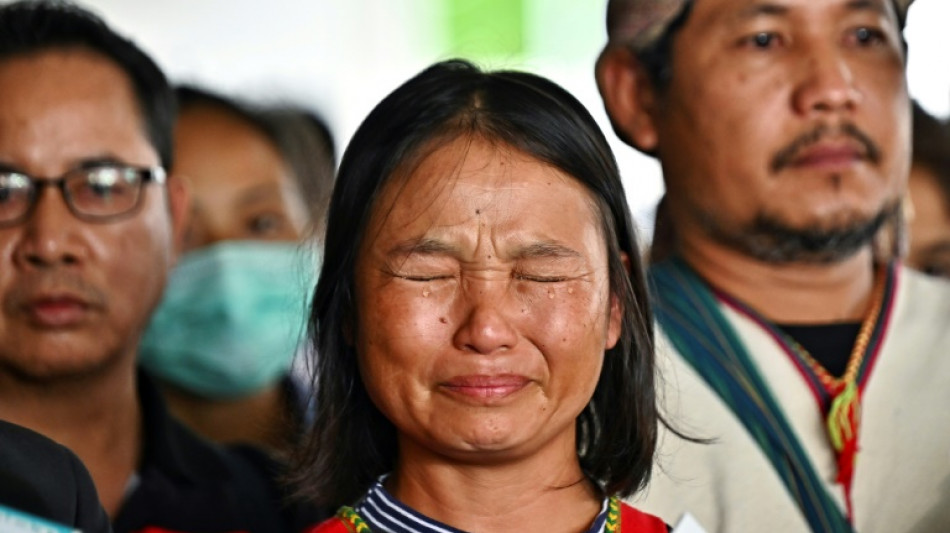Thai court drops murder charges against officials over vanished activist / Photo: Lillian SUWANRUMPHA - AFP
A Thai court on Thursday dropped murder charges against four national park officials over the disappearance of an environmental activist almost a decade ago, but jailed one on a lesser offence.
It was the latest twist in a long-running legal saga after ethnic Karen leader Porlajee Rakchongcharoen, better known by his nickname Billy, went missing in 2014 while working on a lawsuit alleging officials had destroyed homes in Kaeng Krachan National Park.
The investigation centred around then-park chief Chaiwat Limlikitaksorn, who was the last person to see Billy alive, and who was indicted for murder last year following an outcry after charges were initially dropped in 2020.
But on Thursday, the Central Criminal Court for Corruption declined to prosecute any of the officials for murder, acquitting three outright and sentencing Chaiwat to three years in prison for malfeasance.
The court said there was not enough evidence to continue with the murder charges.
Following the verdict, lawyer Pornpen Khongkachonkiet, who represents Billy's family, said they would appeal.
"Whether he is dead or alive, forced disappearance is a breach of basic human rights," she told reporters.
"This has a total impact on Billy's relatives and family."
Outside of the court, the activist's wife Pinnapa Preuksapan shed tears.
"I have fought this for almost 10 years because I couldn't find out where Billy went," she told AFP.
"And today, I still don't know the answer."
Chaiwat is believed to have been the last person to see Billy alive after the activist was detained for apparently collecting honey illegally.
Chaiwat has consistently denied any involvement, maintaining he released Billy.
In 2019, divers found burned fragments of a skull stuffed in an oil drum in the park's reservoir, while other bones were scattered around the lake.
Investigators identified the remains as Billy's through DNA analysis.
This was deemed "not enough" evidence however, to identify the remains definitively, according to the attorney general's office in 2020.
Two years later, following an international outcry, officials reversed the ruling and said they would indict Chaiwat.
Amnesty International regional researcher Chanatip Tatiyakaroonwong condemned Thursday's ruling.
"It's disappointing for the family who has been fighting this issue for almost 10 years," he said.
The kingdom remains a deadly place for environmental and Indigenous activists.
Rights campaigners have accused officials of using harassment and violence to force indigenous people out, with the United Nations logging over 80 cases of enforced disappearances in Thailand since 1980.
H.Oommen--BD
